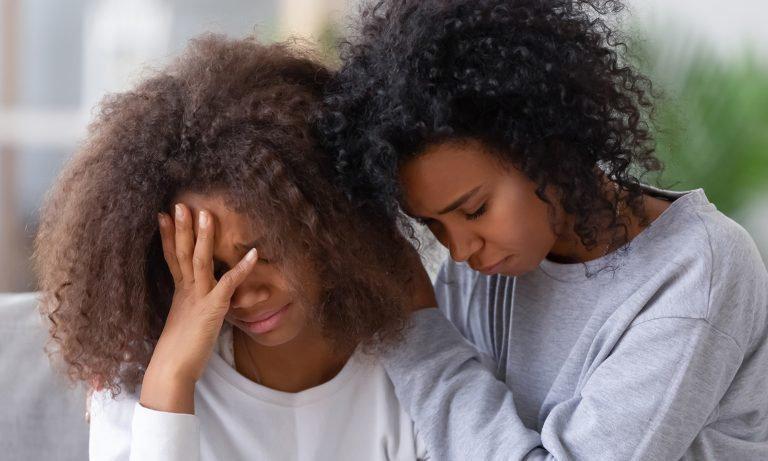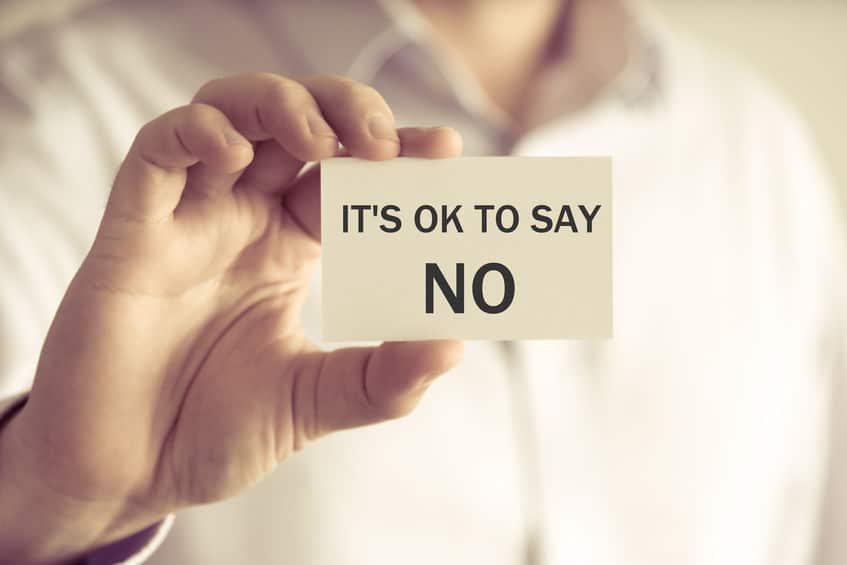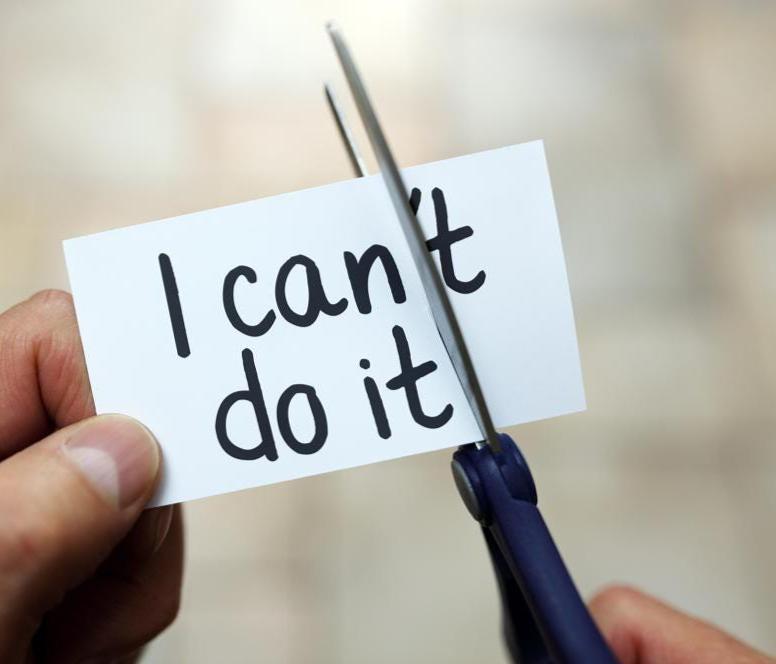Everyone grieves differently. But if you understand your emotions, take care of yourself, and seek support, you can heal. The intensity of grief lessens over the course of a year or more. As hard as it may seem, people eventually find ways to adjust to life without the person, job, opportunity, or property they lost.
Grief that is withheld and not recognized can have a negative impact on us emotionally as well as physically. If we unconsciously delay the grieving process and withhold emotions, this can manifest itself in physical ways such as headaches, difficulty sleeping, ailments, and stomach problems. Studies show it is healthy to grieve sometimes but if it becomes complicated, then you may need to see a doctor.
Try these tips below to help you come to terms with your loss and begin the healing process.
- Maintain a routine. Keeping a basic routine of daily activities can help you structure your time and keep you connected to familiar people and places. Some people find it helpful to avoid making major changes, such as getting a new job or moving, soon after a loss. This can help maintain a sense of normalcy and security and lessen additional stress.
- Engage in physical activity. Some people find that being physically active helps them cope with their feelings. Consider participating in activities you might enjoy, such as walking, swimming, biking, dancing, running, or even riding a bicycle.
- Be patient. Allow your grief to unfold at a pace that is natural for you. Don’t judge or criticize yourself for not coping as well or healing as quickly as you think you should. Each person needs to grieve in ways that feel right for them.
- Talk to others. Spend time with friends and family. Don’t isolate yourself. Let your family and friends know that it can be helpful for you to share your feelings with them. Reassure them that you do not expect them to have answers; you just hope that they can listen.
- Take care of yourself. To stay healthy and energized, exercise regularly, eat well, visit tourist attractions, and get enough sleep, as grieving can be both emotionally and physically exhausting.
- Return to your hobbies. Get back to the activities that bring you joy, and you could even adopt new hobbies.
- Join a support group. Speak with others who are also grieving. It can help you feel more connected, or you may prefer a group that is specific to your situation, such as a group for those who have lost a spouse to high blood pressure or have lost their house to a fire outbreak. Group members can offer encouragement, comfort, guidance, and practical suggestions. And they can reassure you that your experiences are normal.
Finding help
Grief therapy may be helpful for people experiencing very intense grief that lasts a long time and prevents them from participating in daily life activities. Because each person grieves differently, decisions about the need for grief therapy are made on a case-by-case basis. However, the following signs suggest that you may need additional help coping with your grief:
- Ongoing difficulty with eating and sleeping.
- Inability to work or complete regular daily activities six months after your loss.
- Inability to care for yourself.
- Feelings of worthlessness.
- Thoughts of Suicide.
To find help dealing with grief, kindly get in touch with us via any of our Social Media handles ; FortyLives on Instagram and FortyLives GH on Twitter, or call our Professional Hotline on 0551274646 to get the Counseling Support you need




